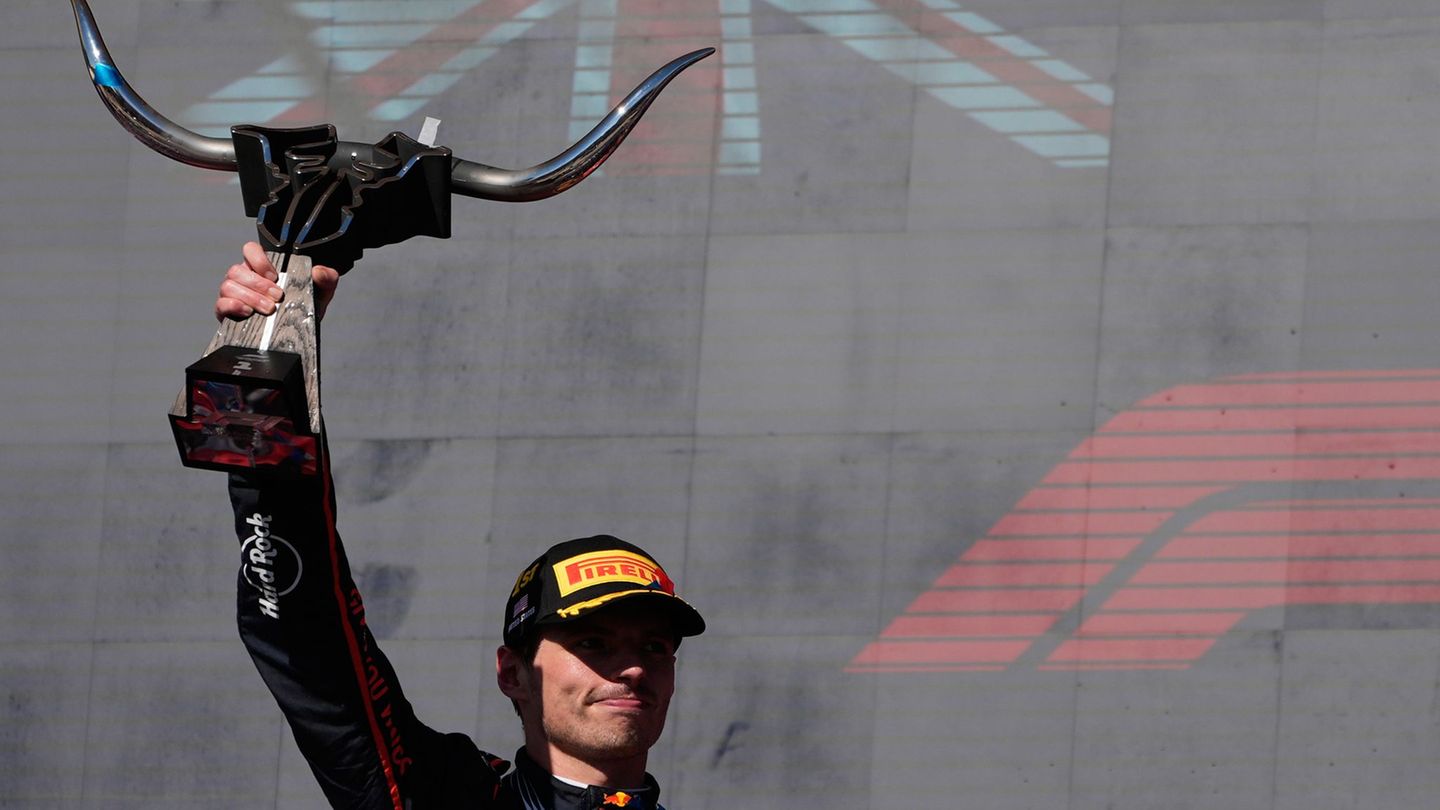Meat has been eaten less in Germany for years – but consumers are happy to grab the saddle of venison, venison goulash and the like. The stable price level should also contribute to this.
According to the hunting association, the trend towards healthy food from the region is causing great demand for game meat. In the meantime, the meat of wild boar, roe deer, red deer and fallow deer is no longer just popular as a classic holiday roast, but practically all year round and also for light summer cuisine, said a spokesman for the German Hunting Association of the German Press Agency.
Unlike many other foods, the prices for game meat have been relatively stable. This is also due to the fact that high production costs such as those in agriculture, for example due to massively increased energy and feed prices, are not an issue when hunting.
The increased demand is also noticeable among the next generation of hunters: In a survey in which around 6,500 young hunters took part in 2021, the reason “I like to eat game” as a motivation for hunting training was in third place with 51 percent approval after “Hunting for me is applied nature conservation” (2nd place with 64 percent agreement) and “I like being in the great outdoors” (1st place with 77 percent agreement). “There are now ex-vegetarians who have become hunters,” said the spokesman. “They were against industrial meat production and have now found a way for themselves to eat meat from responsible sources again.”
Consumers should pay attention to this
The amount of venison has recently increased: in 2021/22 the amount of venison in Germany was 30,368 tons, after 28,923 tons in the previous hunting year 2020/21. However, around a third of the amount consumed in Germany comes from abroad and not from domestic forests, consumers should note this, said the spokesman. In New Zealand in particular, European red deer are kept in gates and some of their meat is then sold through discounters in Germany.
If you really want to be sure of getting local game meat, you should contact foresters, hunters or local butchers or shop at the market, the spokesman advised. Real game is a high-quality and original food with short transport routes from the region – so it is unlikely that it will be offered in large quantities at discounters.
They would have to be able to plan and calculate delivery and sales quantities, which is difficult given the strong fluctuations in the regional game supply. The amount available depends on factors such as the weather and the food supply for the animals. “Forest, field and meadow – that’s not a supermarket,” said the spokesman.
According to preliminary figures from the Federal Information Center for Agriculture (BZL), the per capita consumption of meat in Germany fell significantly last year – by 4.2 to 52 kilograms. That was the lowest level since calculations began in 1989. The meat industry association saw the massive price increase in meat and meat products as the main reason.
Source: Stern




